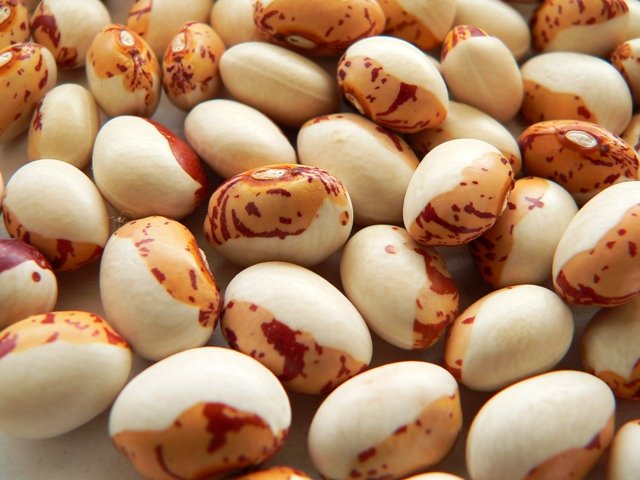Back to August 2016 Newsletter
First Nations Farmers and Seeds

Alexandra Post
Heritage vegetables incorporate just what you might think they would – a rich history and culture in the form of food, stories and growing practices. Many are unique varieties that have stood the test of time, often because of their impeccable storage, hardiness, adaptability and taste.
Saving open pollinated seeds means that you can select the traits that are most desirable, tailoring a variety to the preference of those who eat it and the regions in which it is grown, and passing down those traits from one generation to another. This exact practice has been done by seed savers around the world for hundreds of years, and is the reason we can enjoy some of the foods our great-great-grandparents did.
Several of our oldest varieties in North America can be credited to indigenous groups, who grew and selected varieties not only for their taste, but also for their cultural and historical significance. While many indigenous communities used to be nomadic, many would plant short-season crops with seeds saved from previous years. The northern Anishinaabe people, for instance, relied primarily on hunting and gathering, but communities who lived a bit further south also practiced subsistence farming.
The Anishinaabe often planted corn and beans together. One of the stories of this companion planting practice goes like this: Corn was a good-looking but lonely plant. Squash offered to be his companion, but corn refused, saying that they couldn’t grow together because while she spread on the ground, he grew straight and tall. Bean, however, heard this conversation and decided to grow up tall alongside corn. They developed a close bond, which still lasts today.
The relationship between beans and corn goes beyond this legendary romance. The inseparable duo also aid each other’s growth, as corn acts as a pole or trellis for the beans to grow on, and beans fix nitrogen and increase the fertility of the soil.
The Ashininaabe weren’t the only ones to recognize the advantages of companion planting. Iroquois, famous for their advanced farming techniques, including crop rotation and irrigation, also planted the “three sisters” – corn, beans and squash – together. Squash plants act as mulch, reducing moisture loss and restricting weeds.
Working with members who have ties to indigenous communities, Seeds of Diversity is helping to preserve some of the seeds that originated with the first farmers. For example, seed savers in northern Ontario are growing Odawa beans, Algonquin pumpkins, and Gaspé flint corn, among other ancient varieties.
The Odawa bean is named after the community of the same name, who traded with many tribes. Odawa means “traders”, and it is known that the same beans were grown by neighbouring tribes too, such as the Ojibwe and Hidatsa. They are a semi-climbing variety with large pods that are excellent in soups and were likely mixed with corn and meat to provide nutritious meals. Gaspé corn originated from Micmac tribes along the northeastern region of Canada. Its short growing season makes it ideal for northern climates. The Algonquin pumpkin is renowned for its sweet taste and how well its seeds survive storage.
Our Seed Library is a useful tool for conservation of seeds like these, but it is no substitute for the active preservation that is possible by seed saving communities. We are honoured to be caretakers of rare seeds when they are given to us to preserve, but these varieties belong in the hands of First Nations farmers, and we are incredibly fortunate that they saved them in the first place so all people can enjoy them today.
**
Alexandra Post is a student working at Seeds of Diversity for the summer.
Photo: Odawa beans
Not yet a member?
An annual membership to Seeds of Diversity gives you access to our seed exchange, seed grow-out programs, and our online news.

We depend on donations to do our work.

Thank you for your support!
